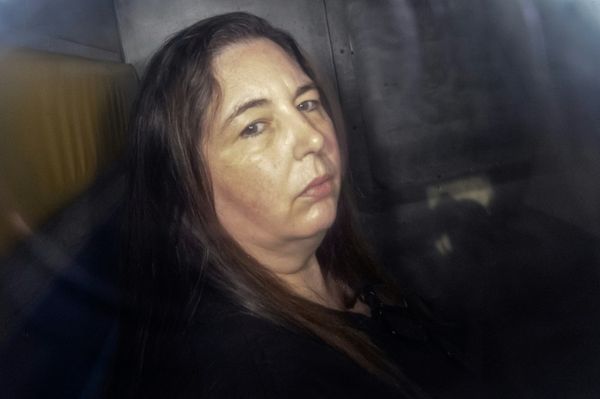Judge K. Soman of the special court for trial of atrocities against women and children, Ernakulam, turned down the prosecution’s request for capital punishment for Sanu Mohan, who was convicted for the murder of his 10-year-old daughter, on the grounds that the case did not qualify as the ‘rarest of rare.’
Special public prosecutor P.A. Bindu sought the maximum sentence considering the brutality of the crime committed by the accused contrary to the argument of the counsel for the accused who said that it was not a fit case to award the capital punishment. Citing the Supreme Court verdict in the Bechan Singh vs State of Punjab, the judge observed that it was settled that “the normal punishment for murder is imprisonment of life, and the extreme penalty will be justified only in ‘rarest of rare’ cases.”
“It is true that there are aggravating circumstances against the accused as he has committed the murder of his own daughter who was active in studies and extra-curricular activities including acting without any reason known to the mother and other relatives. As pointed out by the prosecution, he finished the life of his loving daughter to escape from all his liabilities towards the creditors as well as the family. There are no mitigating circumstances available in favour of the accused,” judge Soman observed in the judgment.
However, he further observed that after testing the facts of the case by the touchstone of law laid down by the apex court, the case did not qualify as the ‘rarest of rare’. He felt that imprisonment for life and fine will meet the ends of justice as sentence for the offence under section 302 of [the] Indian Penal Code.
He further invoked Section 354 (3)of the Code of Criminal Procedure, which says that when the conviction is for an offence punishable with death or, in the alternative, with imprisonment for life or imprisonment for a term of years, the judgment shall state the reasons for the sentence awarded, and, in the case of sentence of death, the special reasons for such sentence.
In the initial exchanges in the court in the morning before the sentence was pronounced, judge Soman sought to fulfil this condition by asking the prosecution whether the case could be regarded as ‘rarest of rare.’ In response, Ms. Bindu pointed out that the accused had murdered his own daughter on the pretext of escaping debts.
The counsel for the accused, on the other hand, argued that the accused had thought about taking his own life owing to debts, and that the crime was not pre-planned. However, this was countered by the judge by asking whether parents in debts used to kill their children. The prosecution also countered that there was no evidence to suggest that the accused had attempted suicide.







